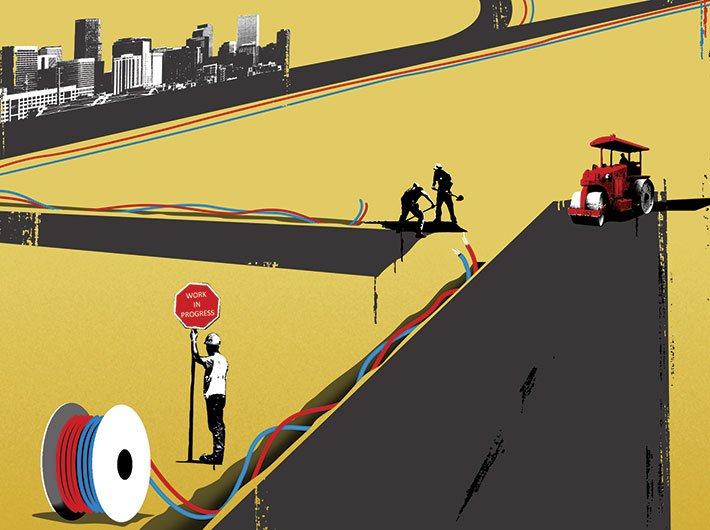As many as 283 firms were admitted into corporate insolvency resolution process (CIRP) between April and December last year, as the pandemic and lockdown came to hurt businesses.
As per information from the Insolvency and Bankruptcy Board of India (IBBI), details for the period from April 1 to December 31 of the number of companies declared bankrupt in the country after the lockdown was imposed due to COVID-19 pandemic are as under:
* 283 firms were admitted into corporate insolvency resolution process (CIRP).
* 76 CIRPs ended in resolution, 128 CIRPs were closed due to withdrawal/appeal or settlement and 189 CIRPs ended in liquidation.
* 30 corporate persons were dissolved/ sold as a going concern/undergone compromise or arrangement under section 230 of Companies Act, 2013 under liquidation process. Further, 59 corporate persons were dissolved under voluntary liquidation process.
This was stated by Anurag Singh Thakur, minister of state for finance & corporate affairs, in a written reply to a question in Lok Sabha on Monday.
He said that the ministry of corporate affairs (MCA) has raised the threshold of default under Section 4 of the Insolvency and Bankruptcy Code, 2016 (the Code/ IBC) to Rs. 1 crore (from the existing threshold of Rs. 1 lakh) vide Notification dated 24th March. This step was taken, inter alia, to assist and aid the functioning of Corporate Persons which might face default owing to the economic slowdown and unprecedented situation due to Covid-19.
The minister further stated that the Insolvency and Bankruptcy Code (Second Amendment) Act, 2020 with effect from June 5 provides for insertion of Section 10A to the Code for temporary suspension of initiation of corporate insolvency resolution process (CIRP) under Sections 7, 9 and 10 of the Code for a period of six months or such further period not exceeding one year from March 25, as follows:.
* The benefit of the suspension is applicable to all those defaults of the corporate debtor that occur from 25th March, 2020 and till the end of period of suspension.
* Such defaults arising from 25th March, 2020 and till completion of suspension period will remain as nonest for the purpose of initiation of CIRP under the code as permanent carve out.
* Section 66 has been amended to provide protection to directors from personal liability for COVID period defaults.
* The time period under section 10A of the code has been extended vide notification no. SO-4638 (E) dated 22nd December, 2020 for a further period of three months from 25th December, 2020.
1,38,051 new companies registered from April 2020 to February 2021
In reply to another question, Thakur said that 1,38,051 new companies were registered in the financial year from April 2020 to February 2021 while 10,113 companies were struck off by invoking the Provisions of section 248 of the Companies Act, 2013 during the same period.
He stated that the financial statements are filed with the MCA for the statutory compliances to maintain the registry for public inspection and all documents are available at www.mca.gov.in. The financial statements are kept as filed and the financial ratios, like revenue to profit, are not calculated. The number of filings may be different from year to year due to delays/ defaults in filing. Thus such financial ratios across the whole universe of filings are not comparable, the minister stated.
